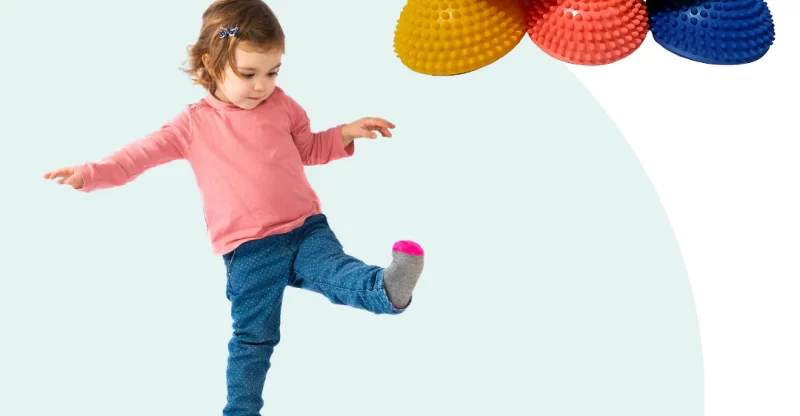“Fun and Learning Combined: Puzzles for Kids That Promote Sensory Integration”
Puzzles are more than just a source of entertainment for children; they are powerful tools for promoting sensory integration – the process by which the brain organizes and interprets sensory information from the environment. By engaging in puzzle activities, children can explore different textures, shapes, and colors while developing important cognitive and motor skills. In this article, we’ll explore the world of Toys for kids that not only provide fun and entertainment but also promote sensory integration and foster holistic development.
Engaging the Senses:
Puzzles offer a multisensory experience that engages children’s senses of touch, sight, and proprioception. Whether it’s feeling the texture of puzzle pieces, observing vibrant colors and patterns, or manipulating objects to fit together, children receive rich sensory input that stimulates their brains and helps them make sense of their surroundings. As children engage with puzzles, they develop a greater awareness of their bodies and their environment, laying the foundation for sensory integration and perception.
Fine Motor Skills Development:
Manipulating puzzle pieces requires precise movements and coordination of small muscles in the hands and fingers, which helps to strengthen fine motor skills. As children grasp, manipulate, and fit pieces together, they develop hand-eye coordination, finger dexterity, and spatial awareness. These skills are essential for tasks such as writing, drawing, and using tools effectively. By engaging in puzzle activities regularly, children can improve their fine motor skills and gain confidence in their ability to manipulate objects with precision and control.
Cognitive Development:
Puzzle activities also promote cognitive development by challenging children to think critically, problem-solve, and make decisions. Whether it’s figuring out how pieces fit together, identifying patterns, or planning a strategy to solve a puzzle, children engage in complex cognitive processes that stimulate their brains and enhance their cognitive abilities. As children tackle puzzles of increasing complexity, they develop skills such as attention, memory, spatial reasoning, and logical thinking – all of which are essential for academic success and lifelong learning.
Promoting Focus and Concentration:
Engaging in puzzle activities requires children to focus their attention, sustain concentration, and resist distractions – skills that are crucial for learning and academic achievement. As children immerse themselves in puzzle-solving, they enter a state of focused concentration where they are fully engaged in the task at hand. Through sustained practice with puzzles, children learn to regulate their attention, stay on task, and persist in the face of challenges – skills that are essential for success in school and beyond.
Encouraging Social Interaction:
Puzzle activities can also serve as a platform for social interaction and collaboration among children. Whether it’s working together to solve a puzzle, sharing pieces and taking turns, or offering help and encouragement to peers, children learn valuable social skills such as cooperation, communication, and empathy. Through collaborative puzzle-solving, children develop interpersonal skills and strengthen their relationships with others, fostering a sense of camaraderie and teamwork that enriches their play experiences.
Conclusion:
Puzzles for kids offer a fun and engaging way to promote sensory integration, develop fine motor skills, stimulate cognitive abilities, and encourage social interaction. By providing children with puzzles that engage their senses, challenge their minds, and foster collaboration, parents, educators, and caregivers can support their growth and development in a holistic manner. So, the next time you’re looking for an enriching activity for children, consider exploring the world of puzzles and watch as they embark on a journey of fun, learning, and sensory exploration.



